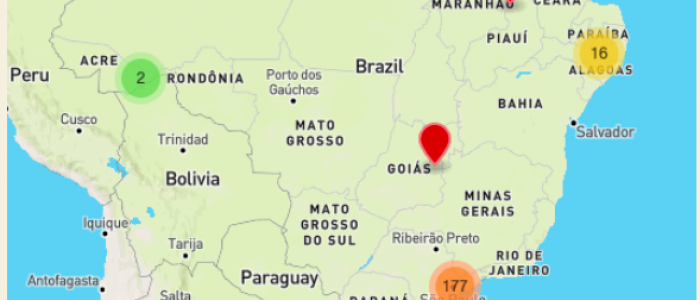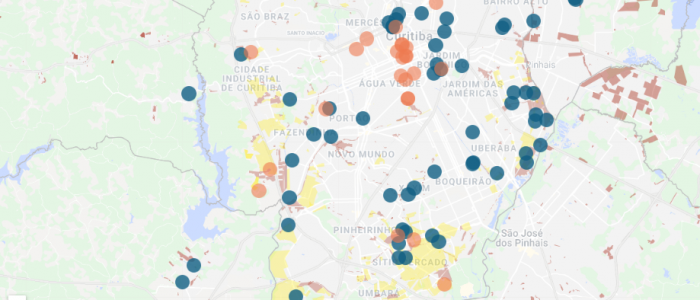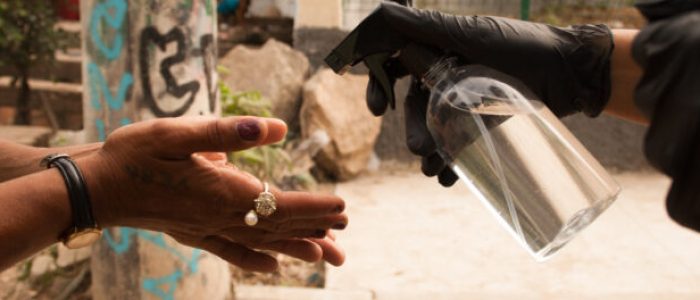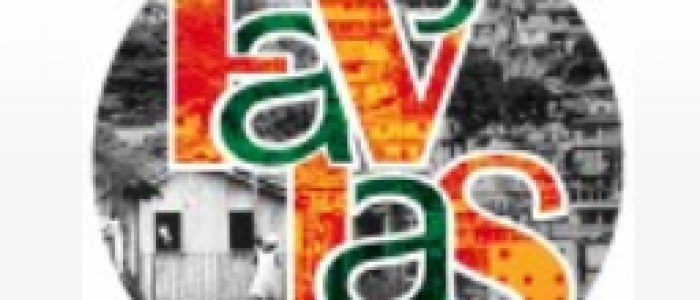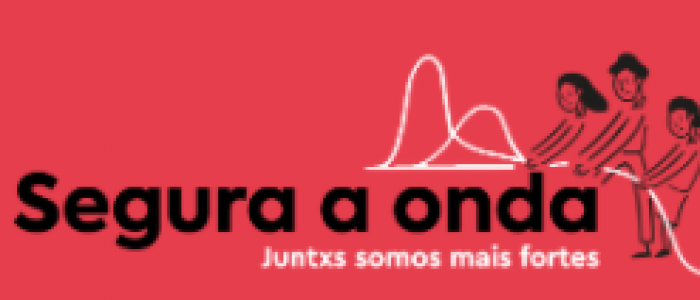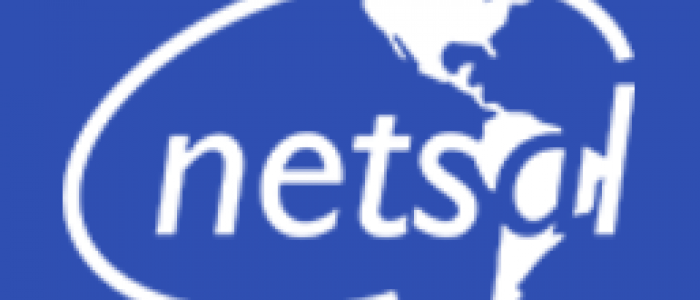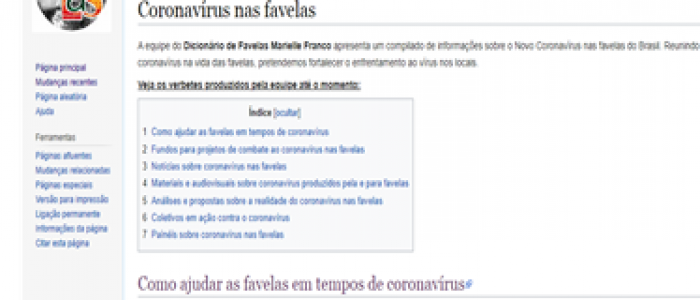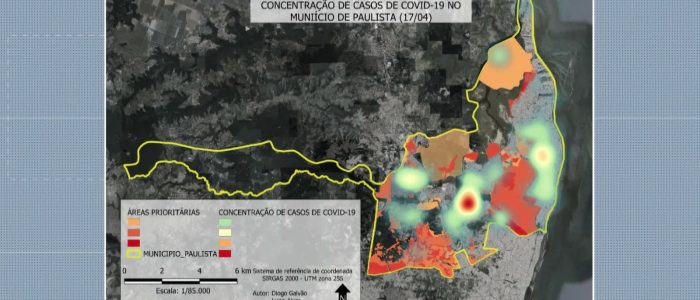Esta é uma ação solidária realizada entre a Frente Brasil Popular e a Frente Povo Sem Medo, diante da pandemia da covid-19.
The creation of the map is intended to give visibility and strengthen popular initiatives, encouraging the participation and collaboration of more people.


